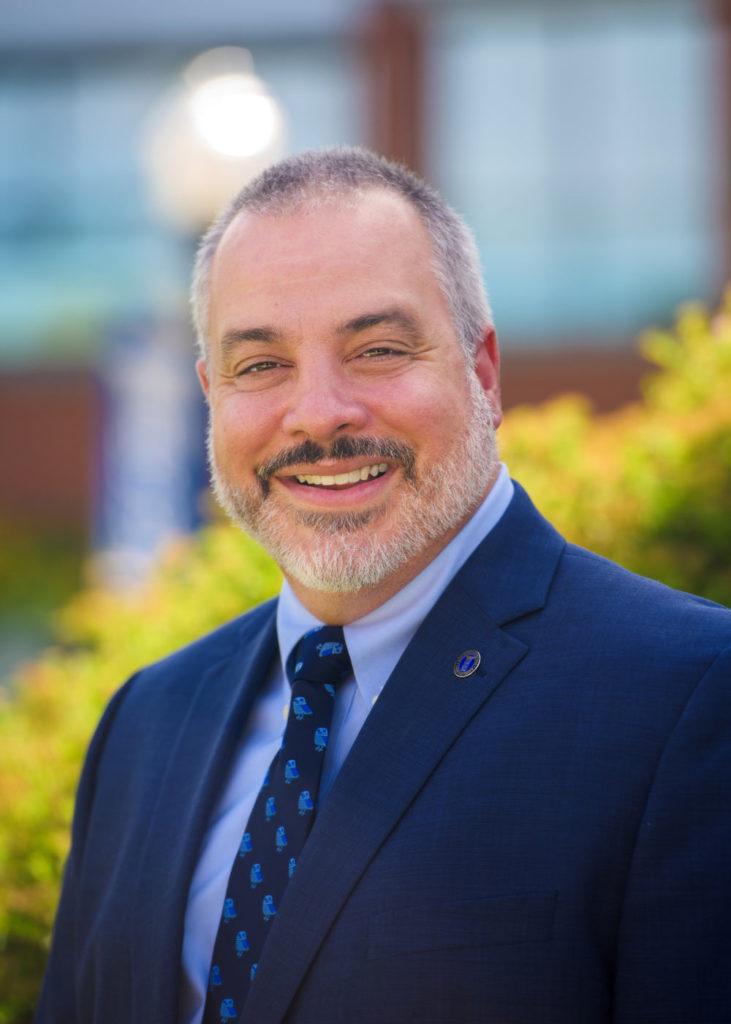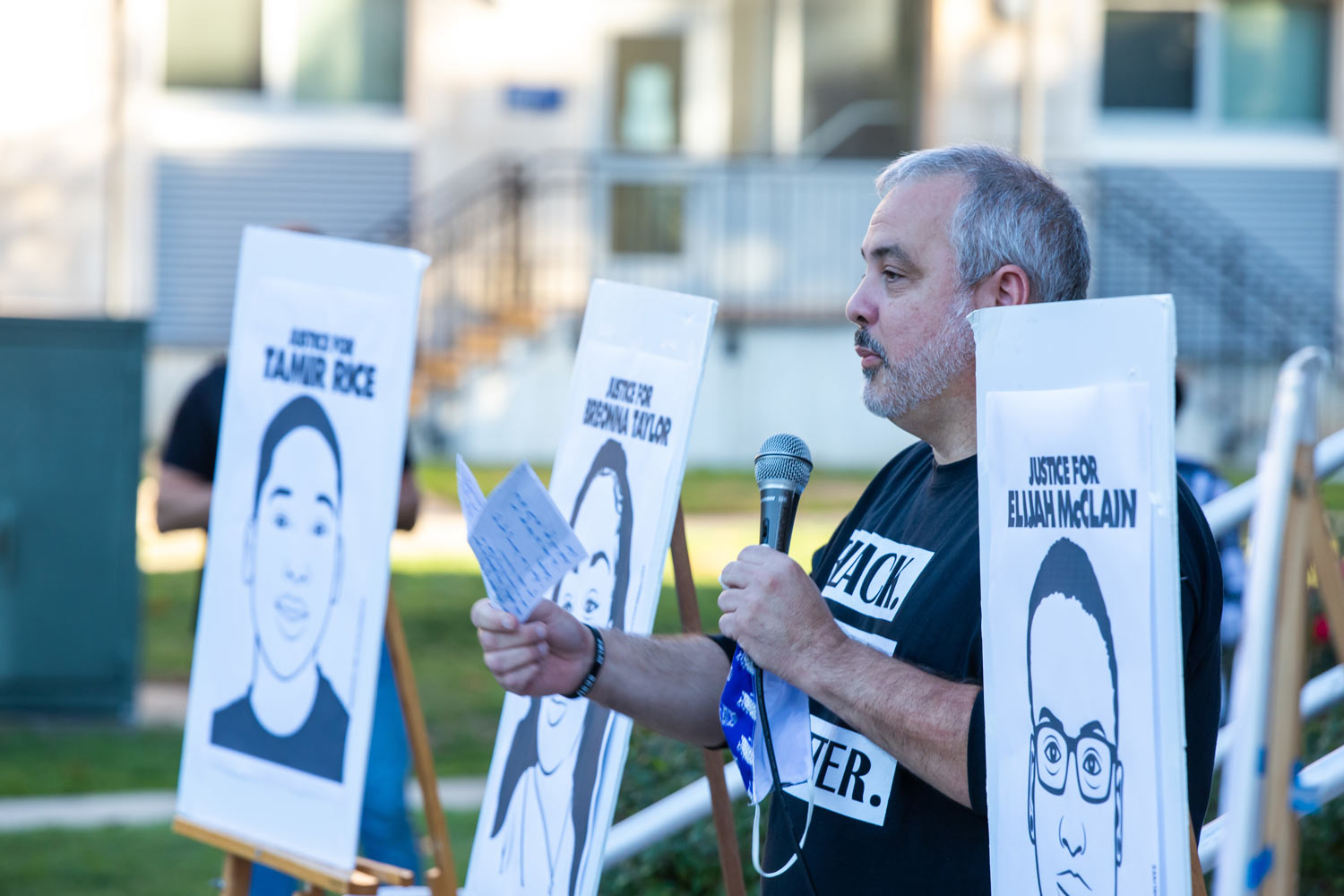Southern Connecticut State University’s students come from a variety of racial, ethnic, religious, gender and economic backgrounds. Many have had to overcome life’s obstacles to reach their goal of a four-year degree: working jobs while studying, supporting children or elderly relatives; taking those initial, uncertain steps into higher education as the first in their families to attend college.
So when we help empower students to achieve their goals, we understand that this personal achievement means a great deal. These young men and women know what it means to persevere, and they know what it means to sacrifice.
But the needs of our students cannot be addressed, and their goals cannot be achieved, without an institutional commitment to access, social mobility, and closing equity gaps: in short, ensuring that social justice is a core value of our university.
That commitment has been tested at Southern and at institutions across the country during the last two years, with emotions frayed by the COVID-19 pandemic, high-profile incidences of racial injustice, and an ongoing debate over transgender rights nationwide.
At a time when cultural, racial and economic boundaries have hardened across our country, it is critical that we engage in courageous conversations, taking time to listen and to hear and allowing individuals to tell their stories so we may continue elevating diverse human experiences and perspectives. It is also important that we take concrete steps to right wrongs and correct systemic problems when they occur.
Certainly, if one of the prime purposes of a liberal education is to engage students in critical thinking—so that they can forge a career, and become engaged citizens in society—then being exposed to conflicting points of view is a necessity. History has taught us time and again that the stifling of debate and dissent leads to autocracy.
Indeed, the hallmark of an anti-racist, social justice university like Southern is not that we are perfect, but rather that we are transparent in revealing our imperfections: then talking about them and taking action to correct them.
As the product of a Jesuit education, I was taught the importance of the Ignation tradition of Cura Personalis— “care for the entire person” — which includes distinct respect for another’s unique circumstances and concerns and an appreciation for their individual gifts and insights.
This ethic of care for the entire person is the guiding force behind social justice. As president of Southern, from day one I have stated and continue to state that every voice at our institution matters. Every member of our community should be treated with dignity, respect, kindness, compassion, and civility.
Our social justice commitment, therefore, also extends to supporting our students who are in need. And during this pandemic, the financial pressures have never been greater: nearly 80 percent of Southern students rely on jobs to provide for life’s essentials, yet many are still coming up short.
We took a large step to meet that need with the creation of our Food Pantry and Social Services Center, funded in large part by a remarkable $530,000 that a record number of donors contributed during our 2020 Day of Caring.
The center is symbolic of a commitment that we will continue to make to ensure our students success in the classroom and in their personal lives.
Because social justice is also about strengthening communities, we have made considerable outreach into Greater New Haven and beyond.
Recently, for example, the National Science Foundation awarded Southern $1.4 million over five years to help bolster science and math education in the state’s high-needs school districts by recruiting and training a diverse, high-quality pool of STEM teachers.
In addition, the Community Alliance for Research & Engagement (CARE), based at Southern and partnered with Yale, has spearheaded the implementation of a $571,000 grant from the CDC to help understand and counter COVID-19 vaccine reluctance in New Haven’s communities of color.
On campus, we must also acknowledge that systemic racism and oppression and bias exist in our own community and work tirelessly to identify and eradicate them.
Recently, we welcomed Diane Ariza, Southern’s first vice president for diversity, equity and inclusion—not in response to a major campus incident, but rather in thoughtful recognition of the need for ongoing strategic leadership to help us achieve our goals.
With the increasingly diverse range of intersectional identities reflected in our student body, it is only by taking on the mantle of social justice that we will build an environment where equity, inclusion, and diversity become a part of our everyday campus life.
And in doing so, our actions will be a model for society as a whole.
Joe Bertolino is President of Southern Connecticut State University









More Stories
The Last Word: Holiday Greetings, Dear Friends
Poll Dancing: Just How LGBTQ+ Friendly is Connecticut?
Make It Here, Just As You Are